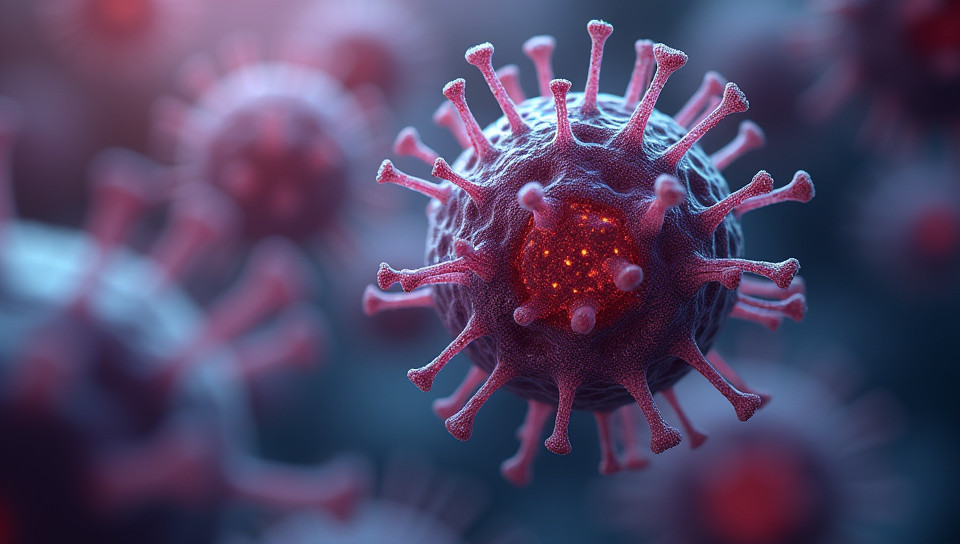Genetic modification of cells is not always successful 68%

The Dark Side of Genetic Engineering
Imagine a world where diseases are eradicated, and crops grow stronger and more resilient than ever before. This is the promise of genetic modification (GM) technology, which allows scientists to tweak the DNA of living organisms to achieve desirable traits. However, as with any powerful tool, there's a risk of unintended consequences.
The Complexity of Genetic Modification
Genetic modification involves inserting genes from one organism into another, often using viruses or bacteria as vectors. This process can be precise and targeted, but it's not always successful. There are many reasons why GM attempts may fail:
- Insufficient understanding of the target gene and its interactions with other genes
- Inadequate consideration of off-target effects, where unintended genes are modified
- Issues with vector delivery, such as low efficiency or incorrect targeting
- Epigenetic factors that affect gene expression, making it difficult to predict outcomes
The Importance of Context
The success of genetic modification depends on the specific context in which it's applied. For example:
- In agriculture, GM crops may struggle to adapt to changing environmental conditions or compete with non-GM varieties.
- In medicine, gene therapies can be effective for some patients but not others, due to variations in their DNA or other factors.
Case Studies of Failed Genetic Modification
Several high-profile cases illustrate the challenges and risks associated with genetic modification:
- The development of "golden rice," a genetically modified crop designed to produce beta-carotene and combat vitamin A deficiency. Despite initial enthusiasm, the project has faced numerous setbacks and criticisms.
- The creation of genetically modified mosquitoes aimed at controlling disease-carrying populations. While some trials have shown promise, others have raised concerns about unintended consequences.
Conclusion
Genetic modification is a powerful tool with vast potential, but it's not a guarantee of success. As we continue to push the boundaries of genetic engineering, it's essential to acknowledge the risks and complexities involved. By understanding these challenges, we can develop more effective and responsible approaches to GM technology, ultimately leading to breakthroughs that benefit humanity and the environment.
In the end, the pursuit of genetic modification should be guided by caution, careful consideration, and a deep respect for the intricate web of life.
- Created by: Bautista García
- Created at: Dec. 27, 2024, 2:13 p.m.
- ID: 17153









